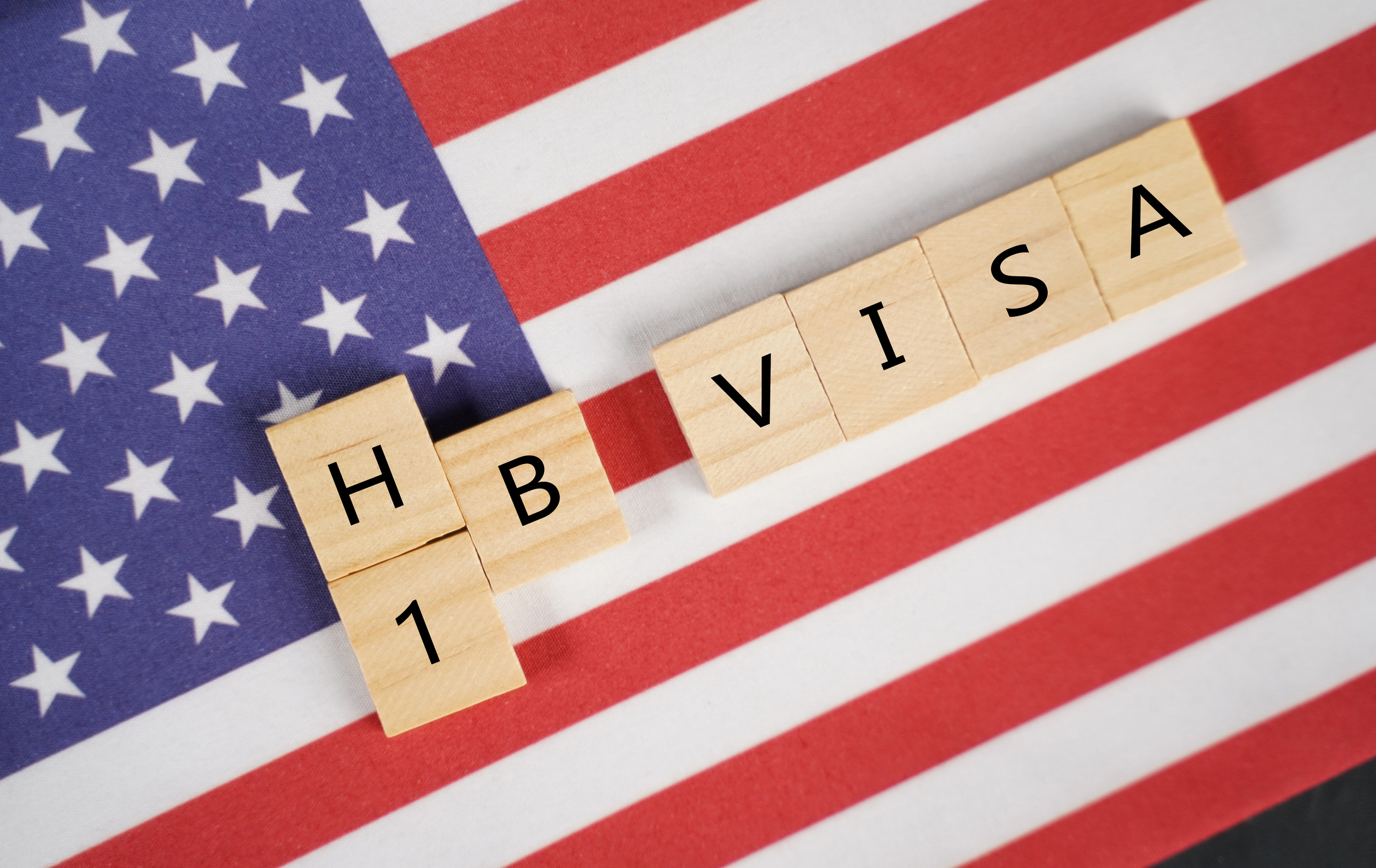
By Kritika Agarwal
Earlier today, AAU joined a lawsuit filed by the United States Chamber of Commerce in the U.S. District Court for the District of Columbia challenging the administration’s $100,000 fee on certain H-1B petitions. The complaint argues that the new fee is unlawful because it violates the Immigration and Nationality Act, exceeds the president’s authority, and is harmful to American businesses (particularly smaller businesses, universities, and start-ups).
The H-1B visa program allows U.S. employers to hire highly skilled foreign professionals, helping them fill gaps in their workforce and drive innovation and economic growth. Many H-1B visa beneficiaries hold advanced degrees from American universities, allowing employers to retain top talent in the United States.
In a statement explaining why AAU joined the lawsuit, AAU President Barbara R. Snyder said that the fee hurts American colleges and universities that “hire H-1B workers to teach our students, drive cutting-edge technological and scientific research that benefits the nation and our economy, and offer top-notch medical care to all Americans.”
The harms of the fee, therefore, “will be felt not just by people within America’s research universities, but by communities, states, and the wider American public,” she noted, adding: “The harm will also fall upon American workers, as university H-1B employees help spur innovation that generates job opportunities for U.S. workers and offer invaluable training to the next generation of scientists, researchers, and other technological professionals in the United States.”
The Chamber of Commerce also outlined the harms of the $100,000 fee in a letter it sent to Commerce Secretary Howard Lutnick prior to filing its legal challenge. In its letter, the chamber argued that the new fee would stifle “domestic job creation and wage growth” and could incentivize companies to “relocate certain business functions overseas.” It also noted that the fee would be especially detrimental to the thousands of smaller firms, including mid-size firms and start-ups, that often hire just one H-1B worker and that will not be able to afford the high payment.
The $100,000 fee was instituted as a result of a presidential proclamation issued on September 19 imposing “Restriction on Entry of Certain Nonimmigrant Workers.” The proclamation, when it was first issued, caused significant chaos, as both U.S. businesses and their employees on H-1B visas scrambled to figure out how the proclamation would affect them. Details regarding how the administration would implement the proclamation, including how it would collect the $100,000 fee, were only made available a month later.
Prior to joining the lawsuit, AAU President Barbara R. Snyder sent a letter to Homeland Security Secretary Kristi Noem asking the administration to reconsider implementing the proclamation or to “consider granting a blanket national interest waiver to the employees sponsored by U.S. institutions of higher education.” The letter also requested clarifications regarding the administration’s plans to operationalize the proclamation.
“While we hope that the administration will reconsider implementing this proclamation, at a minimum, we urge you to signal that the researchers, postdocs, scholars, academics, and medical professionals working at institutions of higher education, whose work is vital to American ingenuity, enterprise, and healthcare, are undoubtedly in the nation’s interest,” she said. AAU also sent this letter to the leaders of the State Department, U.S. Citizenship and Immigration Services, and U.S. Customs and Border Protection. AAU also joined the higher education community in sending a letter to the Department of Homeland Security asking that “U.S. institutions of higher education be exempted from this fee.”
AAU’s legal filing is available here.
Kritika Agarwal is assistant vice president for communications at AAU.